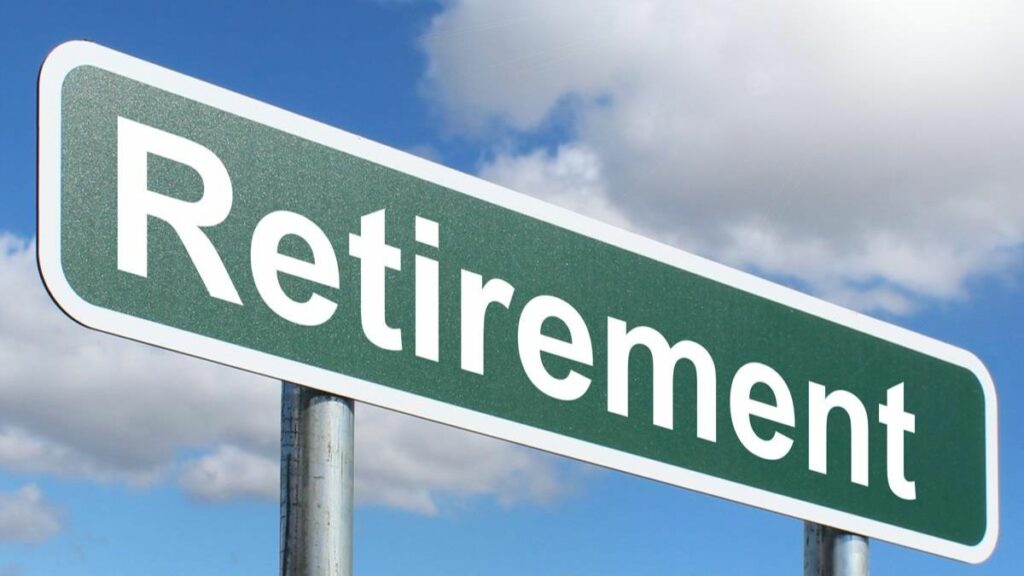“The coronavirus crisis has torn the Band-Aid off the financial fragility of many Americans,” opens a recent story at PBS. With the markets down, savings already too little, and Social Security “crumbling,” far too many Americans—but especially those in their 50s and 60s—are facing rather bleak prospects for retirement.
So what is to be done? Some experts recommend Social Security reform, which includes “shoring up the Social Security Trust Fund’s finances to prevent insolvency” but also increasing payouts to those most in need. Others recommend more workplaces step up to help Americans save, through special emergency savings plans that could be accessed more easily than traditional IRAs or 401k plans.
Interesting in all of this is a new study showing that the married are far more likely to be saving for retirement than the unmarried. Plenty of research over many decades has highlighted that married couples tend to do better financially than do their unmarried peers. So it should come as no surprise that researchers are also interested in the effect that marriage has on a specific type of wealth accumulation—retirement savings, in the form of 401k contributions.
Geoffrey T. Sanzenbacher and Wenliang Hou of the Center for Retirement Research at Boston College set up their research in an even more specific context. Millennials, they point out, are tending to marry later and later. And “While the overall trend in age at first marriage is clear, its implications for a decision about whether and how much to save for retirement are less clear.” “On the one hand,” the researchers continue, “a robust literature has shown that marriage tends to kick start saving for a house as individuals combine their possessions and make plans for having kids. On the other hand, the decision to save for retirement may be different.” So they seek to assess, first, if married people do in fact contribute more to 401k accounts, and second, if later marriage significantly impacts the amount of savings accrued.
The results should not be surprising. These results “suggest that both men and women increase their 401(k) participation and contribution rates after marriage,” although men increase their contributions more so than women, because their pre-marriage contribution rates tended to be lower. Furthermore, “Conditional on participating, the contribution rate shows the opposite trend by gender. After marriage, women increase their contribution rate by an average of 0.8 percentage point compared to only 0.3 for men.”
Next, the researchers examine the impact that a later marriage would have on 401k savings, by estimating how much savings individuals would have accrued by age 65 if they had married five years later. “The effect of delay,” they find, “while statistically significant in the regression, is small—a 3.1-percent decline in accumulated assets for men and a 3.4-percent decline for women.” The researchers believe this is “unlikely to make a large dent in retirement savings.”
In closing, they reiterate that “the net effect on retirement wealth is likely to be small and, in any case, solutions for this issue exist.” They then highlight such “solutions” as automatic 401k enrollment and financial education. But the findings from this research brief are worth noting. As in most other behaviors, married couples tend to behave in a more responsible and far-sighted way than do their unmarried peers, and later marriage does have some effect—even if a small one—on individuals’ retirement savings.
